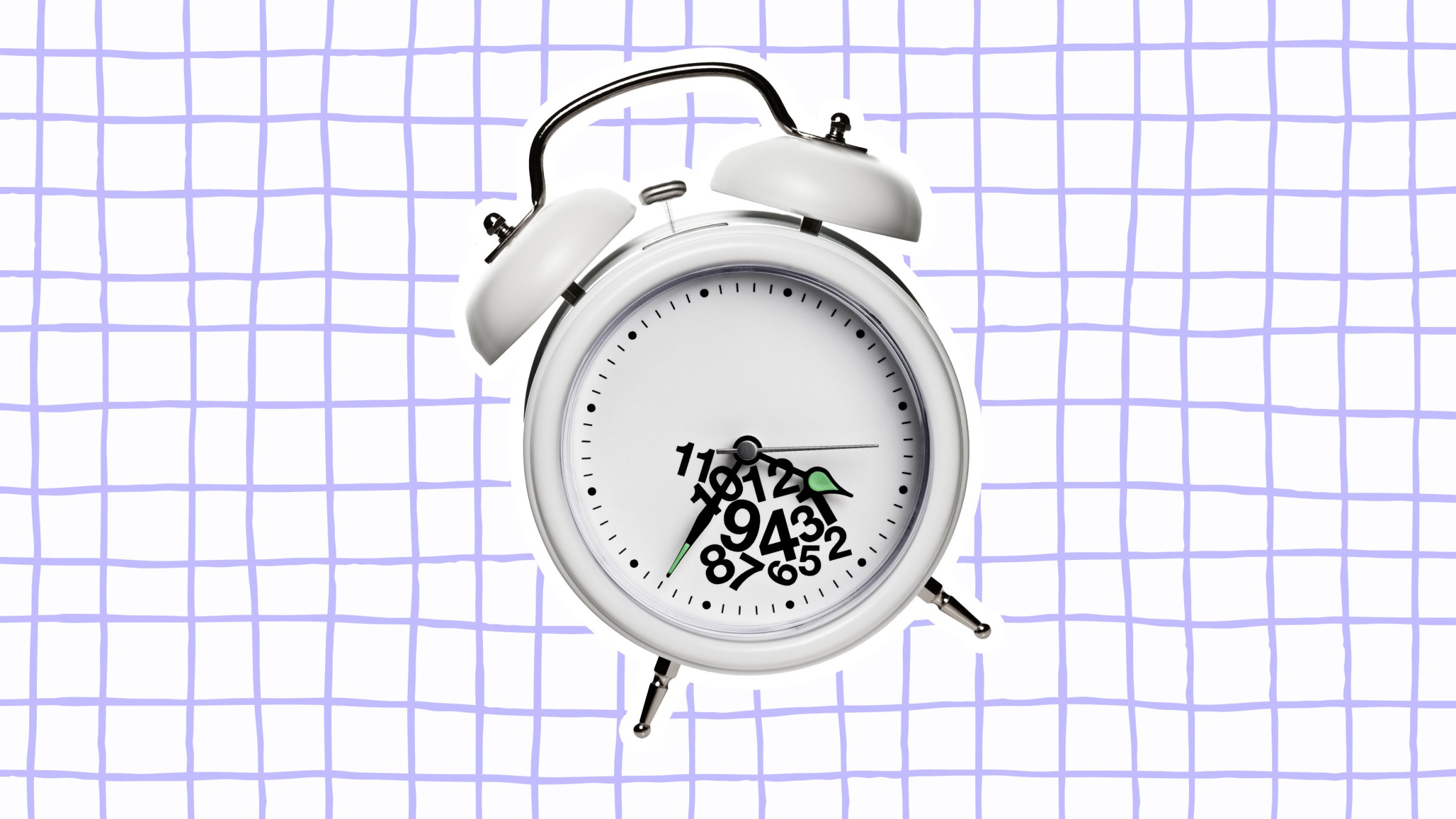
Daylight Saving Time (DST) begins this Sunday, March 13, which means you can look forward to a particularly rough morning on Monday.
The average American loses 40 minutes of shuteye each year on the night after DST begins, according to sleep researchers at the University of Michigan (most Americans don’t lose any sleep on the actual “spring forward” night because they can sleep in on Sunday morning). While you may think you make up for that lost time when we “fall back” later in the year, researchers found that survey participants didn’t sleep significantly more when they gained an hour in October…which brings the typical American to that cumulative loss of 40 minutes of sleep per year. The researchers’ report, published in 2009, used data from the Bureau of Labor Statistics’ American Time Use Survey to analyze the sleeping patterns of 14,310 working Americans.
See how those lost minutes have added up over the course of your lifetime:
Read more: 4 Tricks to Make an Easy Switch to Daylight Saving Time
Methodology
The above calculation takes the number of years you’ve lived since 1966 (when DST was first instituted) and multiplies it by 40 minutes to find total sleep lost. The Bureau of Labor Statistics takes a nationally representative sample of people over age 15 for the the American Time Use Survey, but the report authors considered it reasonable to assume a similar amount of lost sleep for those younger than 15, starting at birth. Our calculator doesn’t take into account those who have lived in states that don’t practice DST (entire states had the ability to opt out when DST was established): Arizona, Hawaii, American Samoa, Puerto Rico and the Virgin Islands.
More Must-Reads from TIME
- Cybersecurity Experts Are Sounding the Alarm on DOGE
- Meet the 2025 Women of the Year
- The Harsh Truth About Disability Inclusion
- Why Do More Young Adults Have Cancer?
- Colman Domingo Leads With Radical Love
- How to Get Better at Doing Things Alone
- Michelle Zauner Stares Down the Darkness
Contact us at letters@time.com